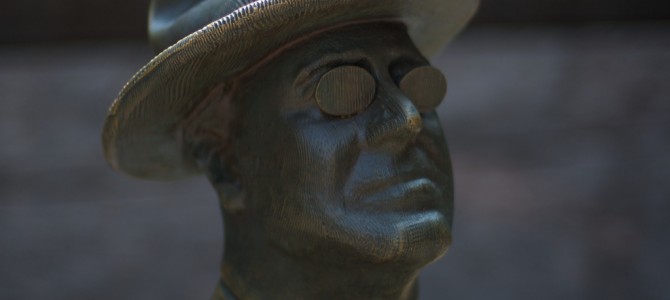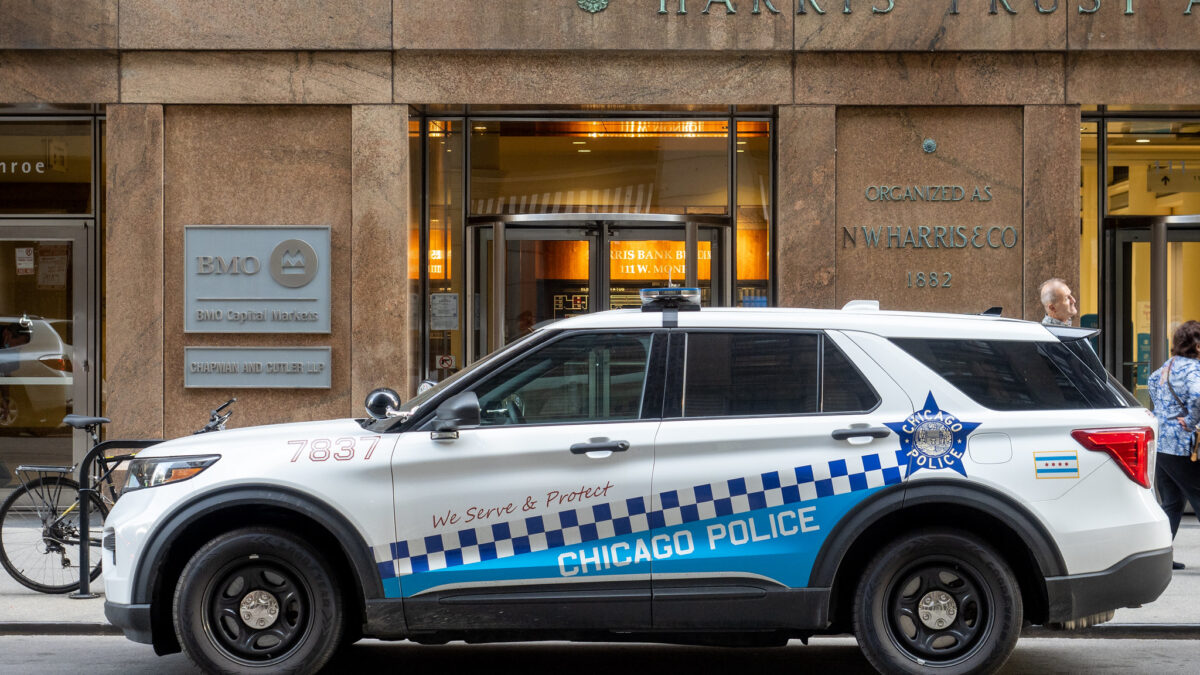
In his recent article, “New Republic Falls Short of the True Liberalism It Champions,” Peter Berkowitz, a former contributing editor to The New Republic, tells the story of the magazine in a way that sometimes obscures more than it clarifies.
First, the claim that The New Republic (TNR) champions true liberalism would have confounded Herbert Croly, the magazine’s founder. Croly was a dedicated Progressive. As such, he was an avowed enemy of liberalism—an enemy, that is, of the classical liberalism of America’s founders. Croly wanted not to champion liberalism, but to replace it. He would have been confused by Berkowitz’s title, because he died before Franklin Delano Roosevelt managed to get away with changing the name of their movement from progressivism to liberalism. By choosing to gloss over the name-change, Berkowitz sows confusion.
As Berkowitz correctly states, Croly and TNR “espoused a strong central state staffed by university-trained experts who would impartially manage the people’s affairs.” Obamacare is a perfect example of the Progressive ideal. It takes the management of the people’s health-care affairs out of their hands and puts it into the hands of university-trained government experts. Progressives then and now reject the American founders’ vision of limited government and individual liberty.
How FDR Stole Liberalism
The classical liberalism of the American founders is called liberalism for the simple reason that the founders championed liberty. And because they championed liberty, they championed limited government. A strong central state that manages people’s affairs is not what the founders had in mind.
It is important to understand that progressivism’s name-change occurred as a result of voters’ dissatisfaction with Woodrow Wilson. Like Croly, Wilson was proud to call himself a Progressive, but the shockingly illiberal policies of the Wilson administration caused American voters to reject Wilson’s progressivism. They elected Republican Warren Harding, who had promised them a return to “normalcy.”
Because the American voter had turned against progressivism, FDR decided to change its name. Progressive policies could then be advanced under another label. Instead of coming up with a new name, FDR, with characteristic boldness, stole the name of the opposition. FDR stole the label of the philosophy of liberty and bestowed it on Progressives—the party of the state, the party of government, the self-proclaimed political enemies of classical liberalism and of limited government. It was a knockout punch, and it left the proponents of the philosophy of liberty without a name.
What should the defenders of the Constitution call themselves now? As my friend, the eminent scholar Professor Charles Kesler, writes in his masterful book, “I Am the Change”: “FDR suggested, helpfully, that they ought to call themselves conservatives, a designation they were loath to accept because it sounded…vaguely un-American[.] … Robert Taft, ‘Mr. Conservative,’ was still insisting he was a liberal in 1946.”
The classical liberals resisted taking FDR’s helpful suggestion because “conservative” had always been the label of their political foes. In the words of Jacques Barzun, “free enterprise, free trade, freedom to vote and run for office, free speech and religion are Liberal achievements.” Classical liberalism’s political opposition in the fight for liberty, the champions of the old order, had always (and very properly, too) been called the “conservatives.”
Ceding Liberalism to Progressives
It gets confusing, doesn’t it? That is the beauty of it, from the Progressive point of view. Making sense about this has become a challenge, even for very sensible people. Consider this passage by Harvey Mansfield, the distinguished Harvard professor, in the pages of The Claremont Review of Books, America’s foremost journal of political thought:
A true liberal is at minimum a person who wants both sides to be heard. That is the practice of free speech and its companion, academic freedom. The so-called liberals today don’t want to hear both sides. Real liberals…do, but those who stand up for liberalism today are mostly conservatives. [Italics added].
I cite this in complete sympathy with Mansfield, noting only that this thoughtful scholar is forced to modify liberal with true, so-called, and real in quick succession to be able to use liberalism without a modifier—all this, to make an important point that, however, has to be stated as an apparent paradox.
In the 1950s, William F. Buckley and other leading American defenders of the Constitution decided to accede to FDR’s “helpful” suggestion and call themselves conservatives. So it was that the name of liberalism became the property of the opponents of liberalism.
Progressivism Stands for Central Planning
However, the confusion in Berkowitz’s article is not limited to the problems with the title. The first sentence, too, can send the unwary directly into the ditch: “Liberalism, most people would agree, stands for the state’s responsibility to actively improve the social, economic, and political quality of citizens’ lives.”
Of course, this is not what “true liberalism,” at least in the classical sense, “stands for.” But the sentence does not even state what progressivism stands for. It is actually progressivism’s justification, progressives’ justification for putting university-trained experts in charge of the people’s affairs, as in Obamacare. According to Progressives, the state must manage people’s affairs “to improve the social, economic, and political quality of citizens’ lives” because people are not capable of managing their own affairs.
Then there is Berkowitz’s second sentence: “In a more fundamental sense liberalism also denotes certain qualities of mind and character, among them tolerance, generosity, the capacity to engage civilly competing opinions, and a determination to base politics on reason rather than physical force or arbitrary authority.”
The ‘The New Republic Effect’ Is Happening to Progressives Everywhere
Here Berkowitz again goes awry, this time in a totally different direction. Whether you use the term liberalism in its classical sense or as a label for progressivism, liberalism is a political philosophy—an “ism.” Yet Berkowitz says the term “also denotes certain qualities of mind and character”—tolerance, generosity, and so on. Those qualities of mind and character are more appropriately called “liberality.” Someone who merely espouses political liberalism, in either sense, does not thereby acquire those excellences of mind and character.
Berkowitz’s overall point is that “a dark and decidedly illiberal tendency” has emerged in TNR. No doubt that is true, but it is not a mystery. What has happened at TNR is what is happening in progressivism in general; the more progressivism advances, the more its illiberal postulates are revealed.
The universities are where progressivism has made the greatest inroads. American universities no longer instill the qualities of mind and character necessary to carry out the responsibilities of a sovereign citizen in a Constitutional republic. Political indoctrination has replaced liberal education, speech codes have overthrown the students’ unalienable right to freedom of speech, political correctness closes off free inquiry, and sexual harassment policies on campus are becoming grotesquely illiberal. If we want to see what the progressives have in mind for our country, we only need to consider what they have done and are doing on campus.









